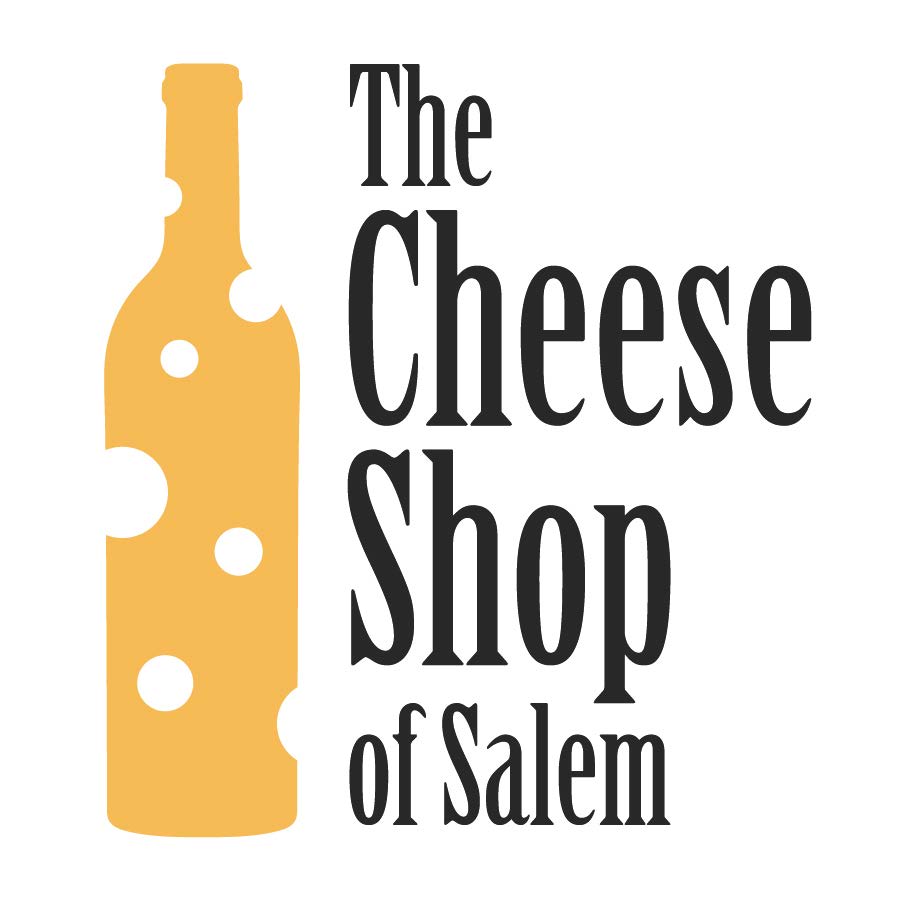Wines of the Loire Valley
Free tasting | Friday, March 13, 2020 | 5-7PM
The Loire Valley, nicknamed “the Garden of France” is so stunning that royalty and the elite vacationed here throughout the centuries and built up fields of both wild and domesticated gardens. You’ll come to see the towering cliffs and Châteaux here but you’ll stay for the wine!
The Loire Valley is about half of the size of Bordeaux and spans from the Atlantic Ocean and stretches halfway into France as well as a few random plots scattered near Beaujolais. Due to its vastness, it is typically split into three separate valleys: the Lower Loire, the Middle Loire, and the Upper Loire. The Loire River is what links most of this region together. It’s France’s longest river and passes through a whopping 65 appellations!
For more Loire Valley history, read a previous blog post by our grocery buyer, cheesemonger and history buff Kiri!
Come drink with us on the LUCKY day of Friday the 13th! See y’all there!
2017 Domaine Jean Aubron Sauvignon Blanc
Who: Jean-Pascal Aubron
What: Sauvignon Blanc
Where: Nantes, a city on the Loire River in the Upper Brittany region located in the Lower Loire Valley
How: These grapes are transferred midway through fermentation to underground glass tanks where they complete fermentation and sit on their lees for 6-10 months.
Farming Method: Organic
Fun Fact: None of Jean-Pascal’s vineyards are more than 15 kilometers from his winery. This is on purpose! This close proximity keeps the grapes at a cool temperature which preserves the freshness of the fruit.
Tasting Notes: Full-bodied with fresh yeasty notes of lemon and citrus.
2018 Les Équilibristes ‘Bouillon Aux Dames’
Who: François de Monval and Florent Girou
What: Chenin Blanc
Where: The appellation of Anjou, located in the Middle Loire Valley
How: These grapes were hand harvested and underwent malolactic fermentation before 80% of the grapes were aged in vats and 20% were aged in barrel.
Farming Method: Organic
Fun Fact: Les Equilibristes translates into tightrope walkers!
Tasting Notes: Mineral driven with notes of honeysuckle, flint, and spiced apricots.
2017 Château du Hureau, Saumur-Champigny Tuffe
Who: 5th generation estate now owned by Philippe and Agathe Vatan
What: 100% Cabernet Franc
Where: From the appellation of Saumur-Champigny in the Middle Loire Valley; the estate is located near the banks of the Loire, about 4 miles east of the town of Saumur)
How: Indigenous yeasts, long fermentations lasting 25-30 days; elévage of 10-20 months in tank (underground in tuffeaux cellars)
Farming Method: Organic
Fun Fact: The estate’s 13th century caves are built into an enormous tufa-limestone shelf which borders the back of the Château where the vineyards are planted in this same subsoil of tuffeau (soft chalk), which gives the wines their underlying minerality.
Tasting Notes: Dark, intense and sappy, with notes of violets and cherries.
2018 Les Grandes Vignes, Pineau d’Aunis
Who: A family estate of about 50 hectares with Jean-François Vaillant at the helm. The domaine has been in the Vaillant family since the 17th century!
What: 100% Pineau d’Aunis
Where: Located in the village of Thouarce in Anjou in the Lower Loire
How: Aged in old oak barrels; no temperature control and the wine is fermented spontaneously. No added sulfites.
Farming Method: Biodynamic
Fun Fact: The soil at the estate is limestone.
Tasting Notes: Notes of cranberry, herbs, and wet rock on the finish.
2018 Les Grandes Vignes Bulle Nature
Who: A family estate of about 50 hectares with Jean-François Vaillant at the helm. The domaine has been in the Vaillant family since the 17th century!
What: Chenin Blanc, Grolleau Gris, Grolleau
Where: Located in the village of Thouarce in Anjou in the Lower Loire
How: Aged in stainless steel tanks; no temperature control and the wine is fermented spontaneously. No added sulfites.
Farming Method: Biodynamic
Fun Fact: The soil at the estate is schist.
Tasting Notes: Bubbly, bright and lively acidity on finish. Notes of ginger and lemon and thyme.







